Are Privacy Regulations and Consent Mechanisms Keeping Pace with Emerging Tech?
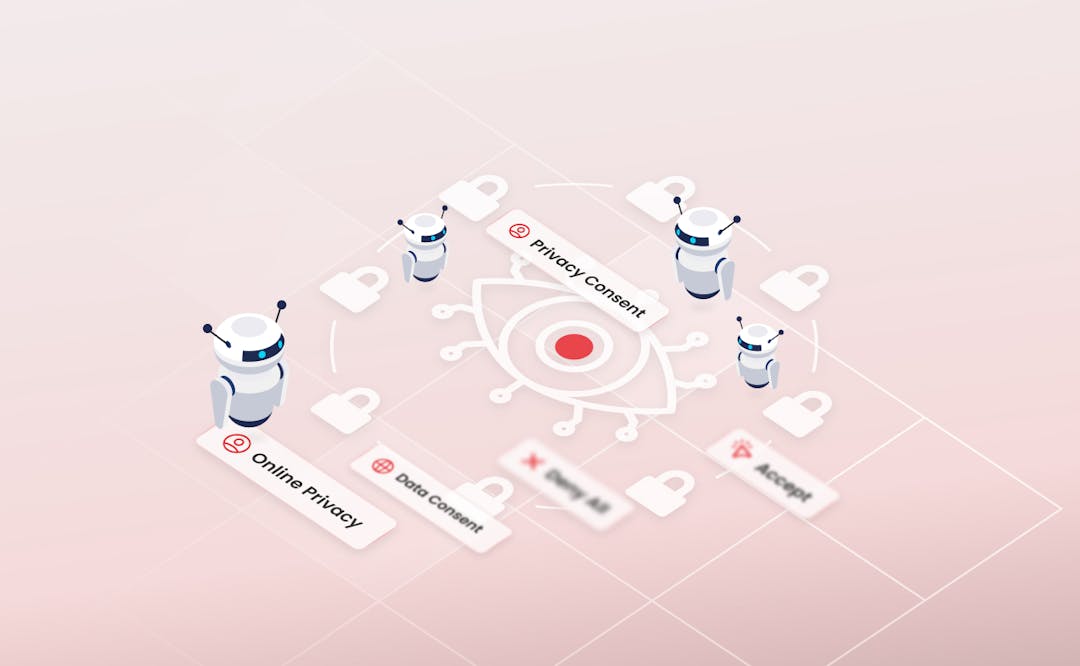
Patchwork privacy laws and slow, outdated consent models are no match for accelerating AI, neurotech, and surveillance. Regulation expands unevenly, leaving gaps in neural data, profiling, and encryption. Static consent remains inadequate. Without unified, dynamic, privacy-by-design frameworks, organizations risk falling behind and exposing users to unchecked data exploitation.
Is AI-Powered Cookie Consent Management the future?
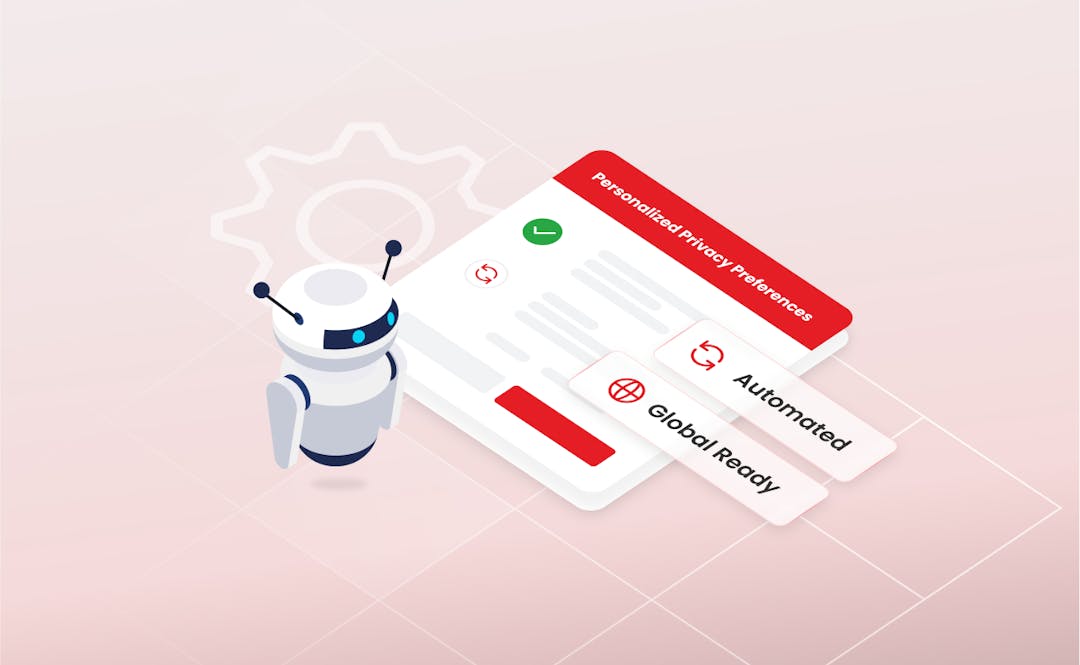
AI-powered cookie consent management is transforming compliance by automating detection, categorization, and banner personalization while adapting to global regulations. It enhances efficiency and user experience but raises transparency, bias, and trust concerns. Future success requires ethical oversight, accountability, and regulatory alignment, ensuring AI enables trustworthy, adaptable, and user-centric consent solutions.
When automated AI decision-making violates data privacy and consent rules

AI-driven decision-making increasingly clashes with data privacy and consent rules, exposing risks of bias, opacity, and legal violations. Global regulators, led by the EU, mandate transparency, explainability, and human oversight for high-risk AI. Organizations must adopt proactive governance, privacy-by-design, and meaningful consent to ensure accountability, fairness, and trust.
The EU Data act is coming
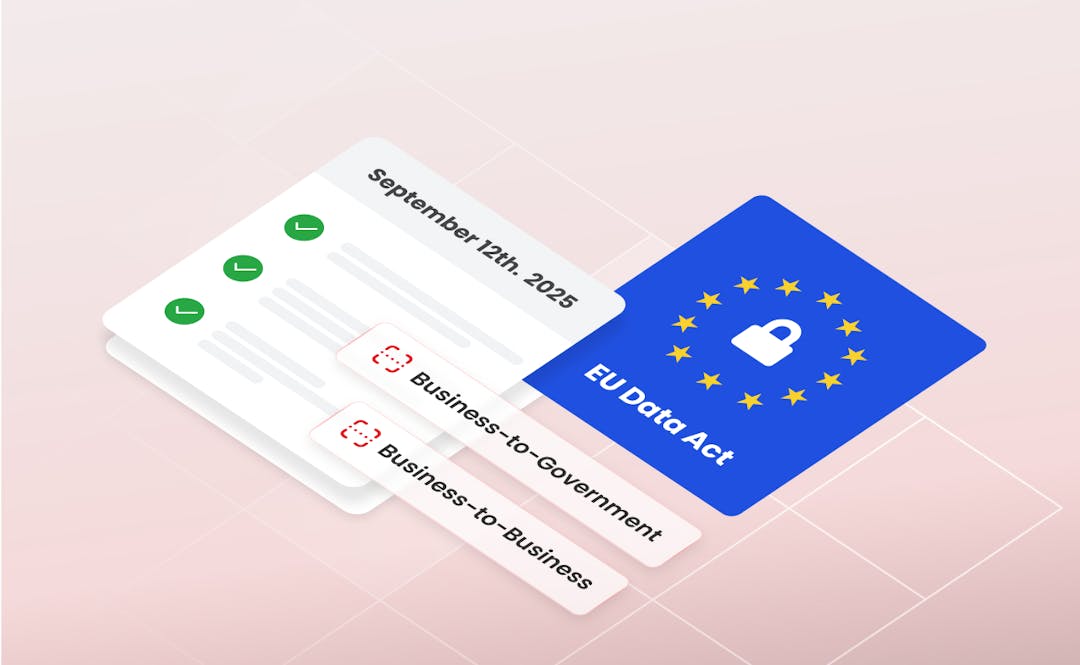
Effective September 2025, the EU Data Act aims to unlock industrial data and boost innovation. It empowers users to access and share data from connected devices, reducing vendor lock-in. Businesses must align data sharing with GDPR standards, updating cookie consent and technical frameworks to ensure transparency or face significant fines.
Europe’s AI Act and what it means for data privacy, consent and the developers that build tech
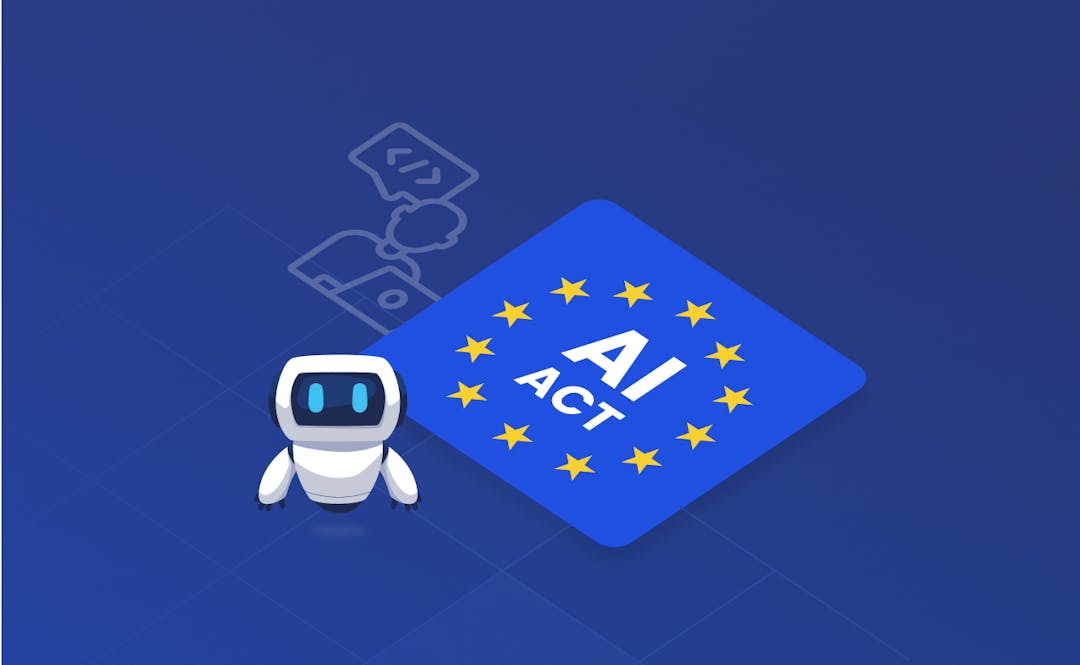
Europe’s AI Act introduces the first global legal AI framework, balancing innovation with privacy and consent. Its phased rollout, Code of Practice, and GDPR intersections challenge developers and tech companies. Compliance requires risk categorization, transparency, AI literacy, and valid cookie consent, shaping the future of trustworthy, rights-respecting AI in Europe.
Europe, AI and data privacy: Do GDPR and other regulations hinder innovation?
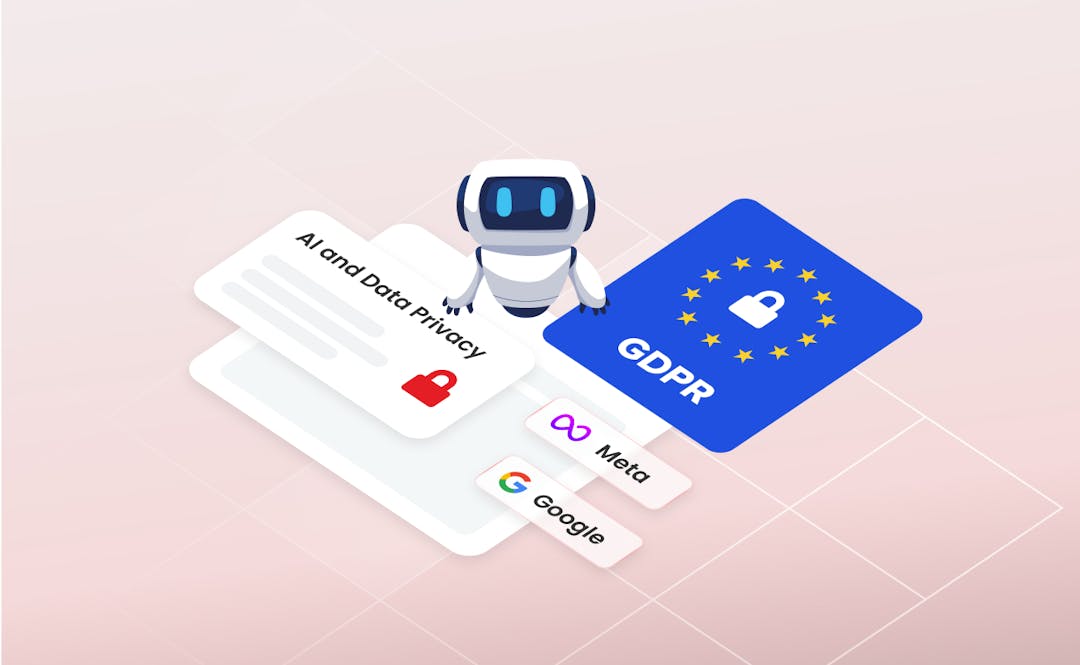
The EU’s GDPR and upcoming AI Act aim to safeguard privacy, but critics argue they hinder innovation. Conflicts arise over transparency, data minimization, and accountability. Balancing AI growth with strong privacy protections requires privacy-first design, compliance monitoring, and ethical practices—ensuring innovation advances without sacrificing fundamental rights.
©2018-2026 CookieHub ehf.
CookieHub CMP offers tools and services for managing cookies and online privacy.


